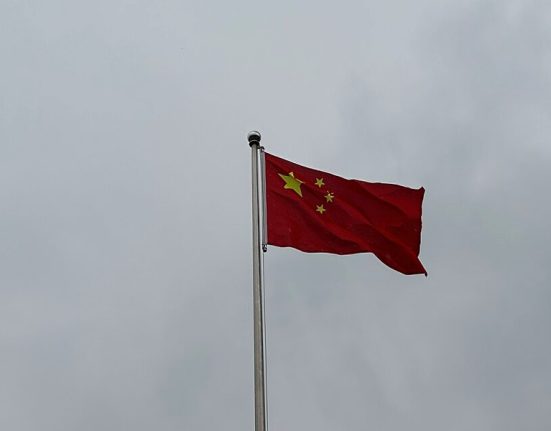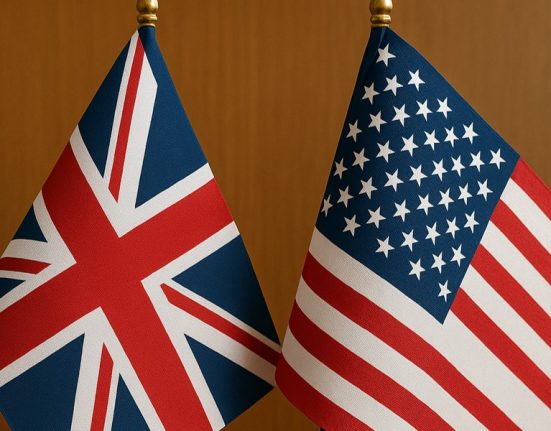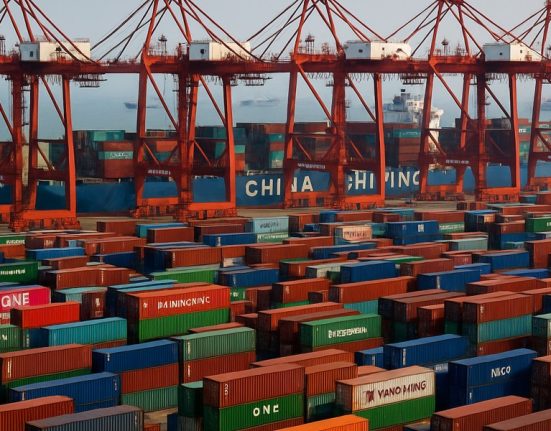Spectacle and symbolism
Beijing is never shy about theatre. Xi Jinping’s recent parade, all drones, hypersonics and disciplined ranks, was pure choreography – and pure message. The optics were unavoidable: China sees itself not just as a power among many, but as the author of a new order. Standing alongside Vladimir Putin and Kim Jong Un, Xi framed his nation’s “unstoppable rejuvenation” as the central story of the 21st century.
Western leaders were left on the sidelines, reduced to sniping tweets and furrowed brows. For Beijing, this was exactly the point. Optics create momentum. Momentum becomes narrative. Narrative, if unchallenged, becomes reality.
The autocratic alliance
When Xi shares a stage with Putin and Kim, it is more than a photo opportunity. It is the visible formation of what Brussels now calls an “autocratic alliance.” Russia supplies disruption; North Korea supplies artillery and unpredictability; China supplies scale, capital and patience. Together, they project the image of an alternative centre of gravity.
And let’s not be naïve: the parade was not really about tanks. It was about the steady alignment of supply chains, institutions and narratives to create a world where Western assumptions – free trade, human rights, democratic governance – are optional extras.
Rules without rule of law
Xi dresses his ambitions in the language of multilateralism, sovereign equality and rule of law. But the fine print reveals a different story. China speaks of free trade while keeping strategic sectors locked down. It invokes sovereignty while extending reach through debt leverage and military posturing. Its version of “multipolarity” is one where strong states carve out fiefdoms and weaker ones fall in line.
This is not the rules-based order rebuilt after 1945. It is a rules-optional order, designed in Zhongnanhai and enforced through cheque books, container ships and, when necessary, coercion.
Soft power through hard levers
The real path to dominance is not through spectacle, but through control of the boring stuff: standards bodies, digital infrastructure, rare earth processing, logistics chains. Whoever sets the protocols for AI, EV charging, 5G or drone regulation shapes the playing field for decades. China understands this. That’s why it pours effort into global forums where the West rarely sends more than mid-ranking civil servants.
While we fixate on the parade, Beijing is quietly setting the standards. By the time we wake up, the choices will be locked in.
The West’s self-inflicted wounds
It would be too easy to tell ourselves China’s strength is exaggerated. Yes, its military has never been tested in conflict. Yes, its economy is under pressure from debt, demographics and slowing growth. Yes, Xi’s purges have bred fear as much as loyalty.
But the bigger danger lies not in China’s strength but in our weakness. Democracies lose time in culture wars and short election cycles. Industrial strategies are announced with fanfare, then abandoned at the next spending review. Meanwhile, China plays the long game, compounding small advantages year after year.
In effect, we are gifting Beijing space to rise not because it is flawless, but because we are distracted.
What this means for Britain
For the UK, and for regions like the Midlands in particular, the implications are real and immediate. Supply chains in automotive, aerospace and med-tech are already under pressure from dependency on Chinese inputs: batteries, semiconductors, magnets. Universities are targeted for research partnerships that double as technology transfer pipelines. Local councils are tempted with cheap finance for infrastructure, data centres or ports.
This is not theoretical geopolitics. It is procurement policy, supply chain resilience and regional investment strategy. The question is whether we treat it as such.
Five imperatives for resilience
- Own the standards. We must be in the room – and leading – when global standards for AI, energy and telecoms are written. Compliance is not enough; authorship is power.
- Design resilience. Map our Tier-2 and Tier-3 suppliers. Diversify critical imports. Build redundancy into logistics. Dependency is a policy choice, not an inevitability.
- Talent with teeth. Welcome Chinese students and researchers – but enforce guardrails around sensitive technologies. Openness must be matched with scrutiny.
- Finance alternatives. If Britain and its allies can’t offer credible, transparent capital for infrastructure, opaque money will fill the gap. Compete or concede.
- Narrative discipline. Politics must stop chasing headlines and start telling a coherent industrial story. Markets, investors and voters respond to confidence. Confidence follows competence.
Agency, not drift
The danger is that we sleepwalk into dependency, dismissing China’s rise as a distant worry until it is baked into the operating system of global commerce. The truth is, China’s path to dominance is executable – and our path to irrelevance is a decision.
Xi Jinping speaks of destiny and inevitability. But inevitability is an illusion. Power still accrues to those who can align security, technology and industry without theatrics. If Britain, and Europe more broadly, can act strategically – not tactically, not reactively, but strategically – then China’s squeeze will meet resilience, not resignation.
If we fail? Then the parade in Beijing wasn’t just a show. It was the overture to a century where democracy is optional and sovereignty negotiable.







